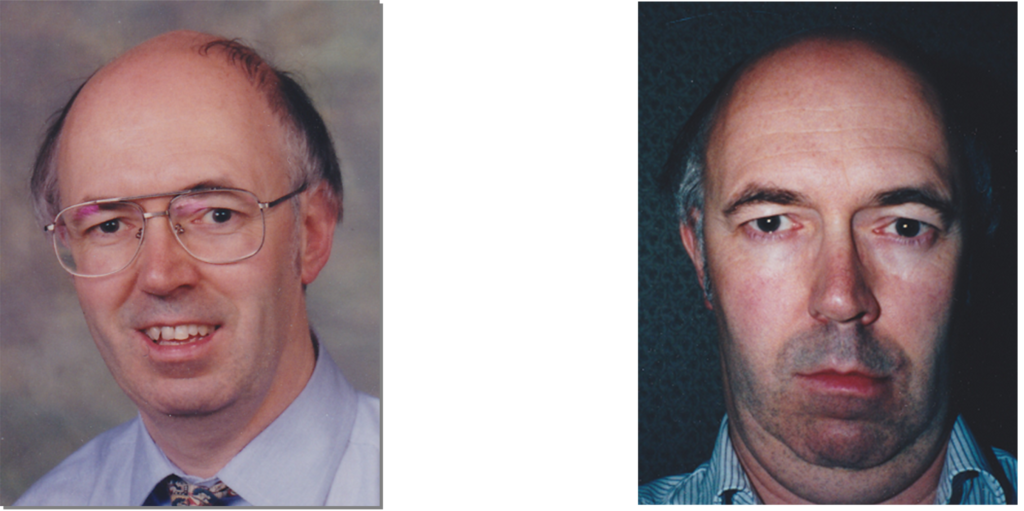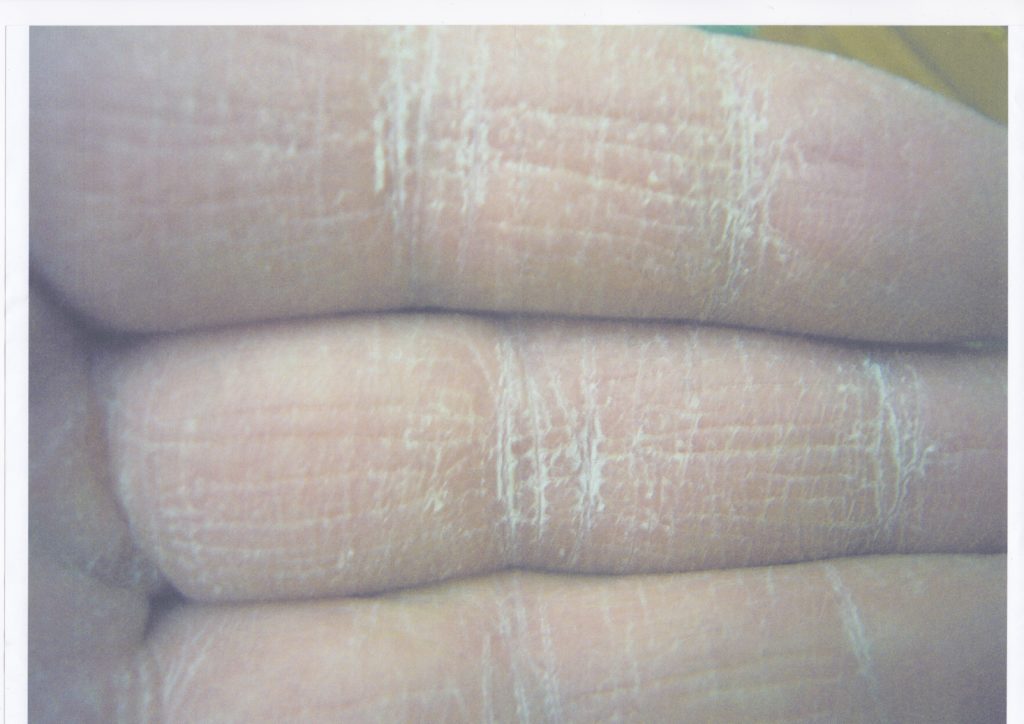As noted, hypothyroidism with normal blood tests is deemed to be impossible. (Remember we are defining hypothyroidism as hypothyroid signs and symptoms that respond to thyroid hormone treatment). Most guidelines only consider primary hypothyroidism and often simply refer to ‘hypothyroidism’. Here are some examples: –
The UK Guidelines for the use of Thyroid Function Tests 2006: ‘Hypothyroidism cannot be diagnosed accurately on symptoms alone.5(III). The diagnosis of hypothyroidism requires abnormal TFT results.‘
Management of primary hypothyroidism: statement by the British Thyroid Association Executive Committee – 2015: ‘The diagnosis of primary hypothyroidism is based on clinical features of hypothyroidism supported by biochemical evidence that is elevated serum TSH together with low free T4 (overt hypothyroidism) or normal free T4 (subclinical hypothyroidism). Primary hypothyroidism should not be diagnosed in individuals with normal serum TSH who otherwise have intact pituitary function’.
ATA/AACE Guidelines: ‘RECOMMENDATION 29 Thyroid hormones should not be used to treat symptoms suggestive of hypothyroidism without biochemical confirmation of the diagnosis.’
My Hypothyroidism
I developed profound tiredness, an inability to concentrate with a severely impaired working memory such that I had to give up my job. I gained 10 kg. I would wear thermal underwear, shirt and sweater in the office and my legs were like ice. When going to the shops for a loaf of bread and a newspaper I had to take a list, I couldn’t remember. I was unable to sustain concentration for more than 15 minutes. My personality changed, I became irritable and asocial needing periods of isolation to restore brain function.
I took up swimming lessons, our instructor asked us to see how long we could hold our breath underwater. I stopped after 56 seconds because I feared people would think I was showing off. The instructor remarked: ‘I’ve only ever had one person who could do better, and he had something wrong with his glands!’.
Swelling around my eyes would squelch when I rubbed them, I had a habit of scraping fine mucous pinheads from my forehead. An enlarged tongue caused loud snoring. My nails were soft and cut like paper. My skin so dry it would spontaneously split, I had carotenemia, elevated cholesterol and no ankle reflexes. It was impossible to button my shirt. My hearing was impaired, I struggled to follow a conversation in a crowded space. I had abdominal pain (IBS), bile reflux and paraesthesia in my hands.

These two photographs were taken about two years apart. Note the thickened skin, large orbital oedema and fine mucus pimples – MYX-OEDEMA.
The picture is unable to fully convey my decline in cognitive function and mental struggle to carry out simple day to day activities.
I had perfect blood test results TSH 1.0 (0.4 – 5.5) fT3 4.9 (3.5 – 6.5) fT4 13.3 (9.0 – 20.0)
These signs and symptoms resolved when I was given thyroid hormone.

If there is a theory and we can find one example where the theory is incorrect then the theory is wrong. It is claimed that a patient with normal blood test results cannot be hypothyroid. My blood tests were normal, I was hypothyroid.
‘If it disagrees with experiment, it’s wrong. In that simple statement is the key to science. It doesn’t make any difference how beautiful your guess is, it doesn’t matter how smart you are, who made the guess, or what his name is… If it disagrees with experiment, it’s wrong. That’s all there is to it.’ Richard Feynman.
Let’s make this clear. If a patient has signs and symptoms of hypothyroidism which respond to thyroid hormone treatment without signs of thyrotoxicosis, then they are hypothyroid. It doesn’t matter what their blood tests say, or who says it is not possible.
Many endocrinologists have a poor knowledge of thyroid hormone action, yet they will tell their patients they cannot be hypothyroid because they have normal hormone levels. This breaches paragraph 68 of UK Good Medical Practice which requires doctors to not give advice outside of their expertise: ‘You must be honest and trustworthy in all your communication with patients and colleagues. This means you must make clear the limits of your knowledge and make reasonable checks to make sure any information you give is accurate.’
Having established that hypothyroidism with normal blood hormone levels exists we need to find out how common it is, how it can be diagnosed and how to treat it. Most likely there are many causes. I address two cases that I have come across: Acquired Resistance to Thyroid Hormone (ARTH) and Subnormal TSH Secretion. Other forms may exist but since their existence is denied they are not looked for. If you don’t look you don’t find.